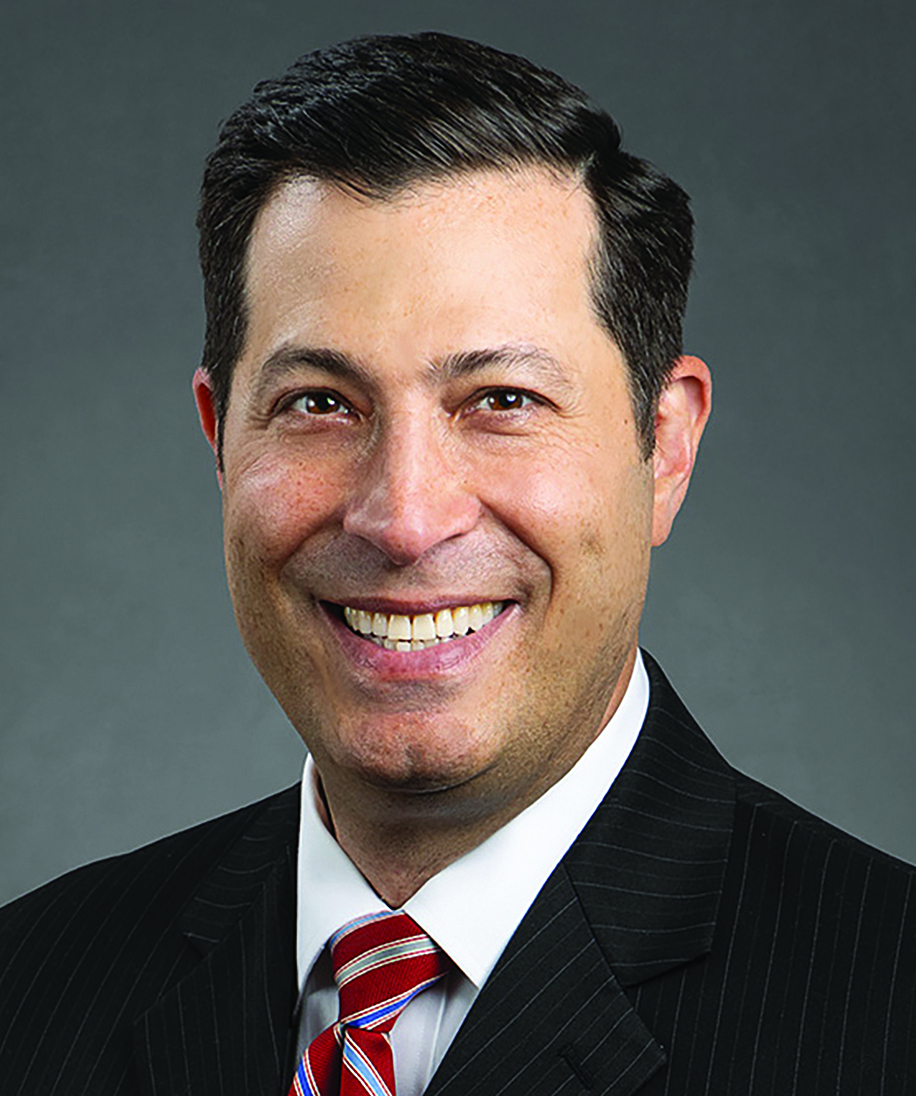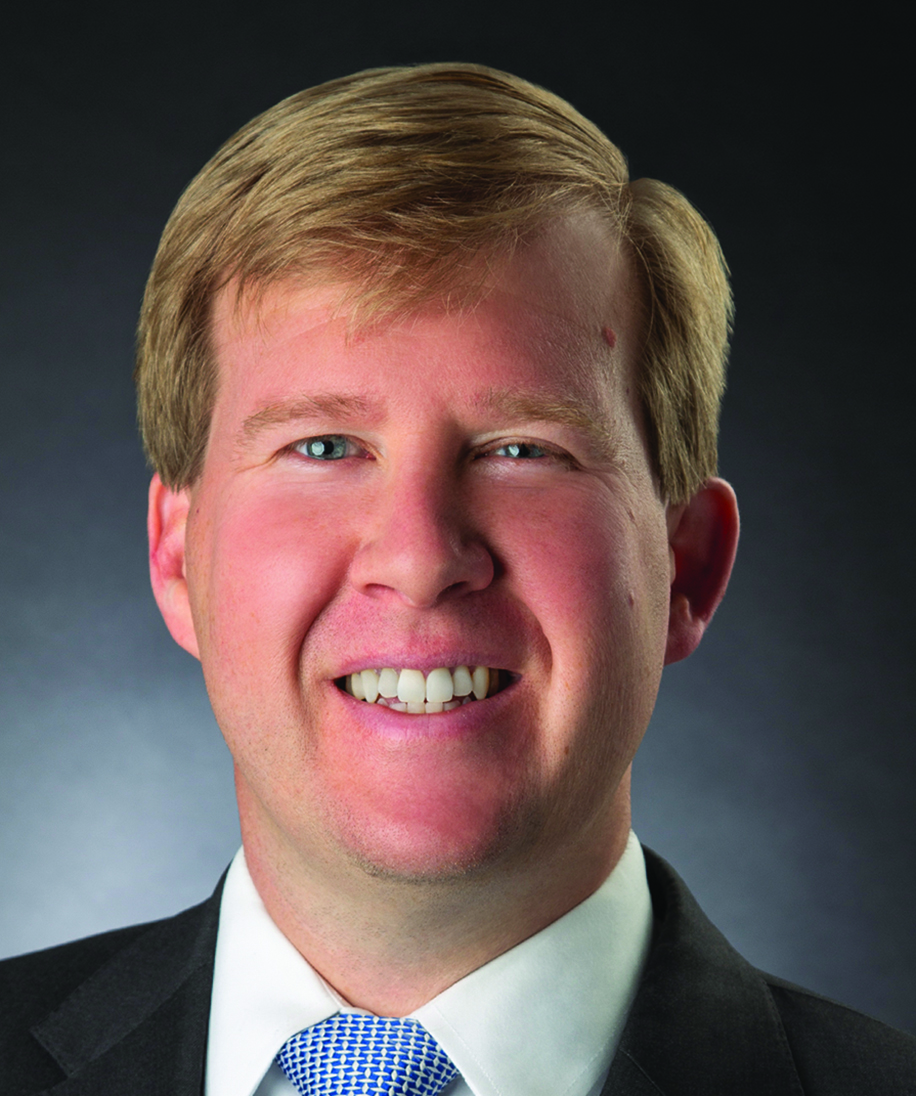Client Alert
Federal Court Strikes Down FTC’s Non-Compete Ban
August 21, 2024
By Jennifer S. Baldocchi,Marc E. Bernstein,Patrick W. Shea,Carson H. Sullivan,Jessica E. Mendelson,
Ellen Atkinson
and Chelsea DesruisseauxOn August 20, 2024, the Northern District of Texas issued its final ruling in Ryan, LLC. v. FTC on the merits of cross-motions for summary judgment, contesting the legality of the Federal Trade Commission’s (“FTC”) Non‑Compete Rule (the “Rule”) prohibiting most employee non-compete agreements.
As previously reported in the July 3, 2024 alert—First Federal Court Issues Order on Preliminary Injunction As To FTC’s Non compete Ban—Ryan, LLC (“Ryan”), a tax services and software provider, challenged the Rule under the Administrative Procedure Act (the “APA”). Specifically, Ryan argued that the FTC exceeded its statutory authority in promulgating the Rule, and that the Rule was arbitrary and capricious. The U.S. Chamber of Commerce and several other trade groups joined as plaintiff-intervenors. In July, the Court granted Ryan’s request for a preliminary injunction, which blocked enforcement of the Rule as to Ryan and the named intervenors only.
In yesterday’s ruling, Judge Ada Brown, agreeing with the plaintiffs that the FTC exceeded its statutory authority, quoted the Supreme Court in Chrysler Corp. v. Brown, stating that the FTC is authorized to issue “rules of agency organization procedure or practice” and not substantive rules, such as the Rule at issue here. She found the Rule “unreasonably overbroad without a reasonable explanation,” and, thus, arbitrary and capricious under the APA. Finding the FTC’s promulgation of the Rule an unlawful agency action, the court granted summary judgment in favor of the plaintiffs.
The court declined to limit relief to the named plaintiffs, despite arguments to the contrary by the FTC, finding “the APA does not contemplate party-specific relief.” Thus, the court’s decision that the Rule shall not be enforced, or otherwise take effect on its effective date of September 4, 2024, “has nationwide effect, is not party-restricted, and affects persons in all judicial districts equally.”
This decision marks the last anticipated ruling before the Rule was set to take effect on September 4, 2024. In recent statements to the press, an FTC spokesperson indicated that the agency is “seriously considering a potential appeal” of Judge Brown’s decision and will continue addressing non-compete agreements through case-by-case enforcement actions. As a government agency, the FTC has 60 days to appeal the decision.
Paul Hastings attorneys have particular expertise in employment mobility and trade secrets and are available to assist employers with questions arising from this decision.
Contributors






Practice Areas
Employee Mobility and Trade Secrets
Employment Counseling and Preventive Advice
For More Information







